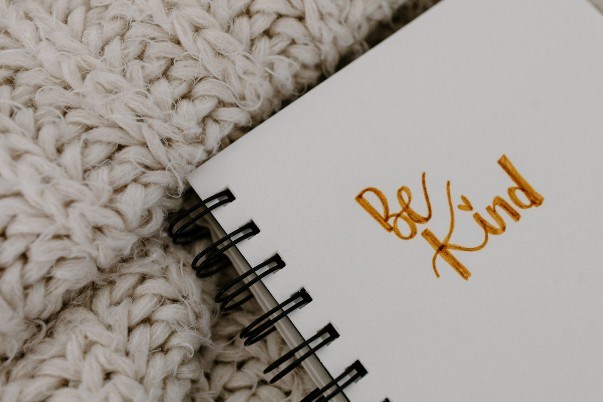Introduction
Cravings - they can be intense and uncomfortable urges (e.g., "I want to do it now", "I desperately must have it" etc.) but they are a normal part of your journey to recovery. On the outset, cravings can be hard to avoid, but they do decrease in strength and frequency over time, especially if you find what works best for you.
Below are some activities that you could try to help build your coping toolbox with either the physical, emotional or behavioural effects of a craving.
- Call a friend or a crisis line. Sometimes it helps to talk and gain support from others that can help.
- Make sure you are eating regularly.
- Drink plenty of water – especially when you experience a craving.
- Swap it - instead of drinking alcohol, try drinking water or chewing gum.
- Avoid temptations, or find things to distract you from negative thoughts.
- Use mindfulness skills such as urge surfing.
- Identify and manage your triggers.
Cravings for many individuals can be an automatic and deeply rooted response. Often, you can have thoughts that will emerge in your mind without any awareness.
Discovering how to say “no” to these cravings can be one of the biggest challenges that you experience, but it is important to remember that you can learn to understand what triggers a craving, why you have them, and in time, learn to resist them.
To help manage a craving, start by concentrating on the moment, rather than worrying about bad thoughts, or about things in the past or the future. Some approaches that can help when you are experiencing a craving include:
 |
When you experience a craving for alcohol and/or other drugs, put off the decision to drink or use for 1 hour. In this hour, do something you enjoy like listening to music or a favourite podcast, getting physical (i.e., going for walk, a run, to the gym etc.), practice some mindfulness, take a bath, write in a journal or do some chores around the house.
Doing this will help to break the habit of immediately acting on the impulse when it comes. You will find that once you are interested in something else, the impulse will go away. Know that once you have denied the craving, you will be able to do it again and again over time.
|
|
Breath work is a way for you to slow down and calm your mind and body. By focussing on your breathing, you are able to slow your heart rate down, be present in the moment and gain a sense of calmness in your mind.
A great breathing exercise is the 4-7-8 technique in which you first empty your lungs of air, breathe in through your nose for a count of 4 seconds, hold your breath for a count of 7 seconds and then exhale out of your mouth for a count of 8 seconds. Repeat this approach at least 4 times.
Once you start to relax, imagine a picture of a wave at the beach. This is the impulse wave and remember that the wave will build up to its highest point, and then it will fall away as it rolls onto shore. Picture the wave building up, then getting ready to break. See the wave break, the foam form, and then watch the wave fade away as it rolls onto the shore. Now, imagine yourself surfing the impulse wave onto shore. You don’t fall off, you don’t get dumped and churned around, you just calmly surf the wave onto the shore. Remind yourself that this wave is only a small part in your whole day. You can surf the wave at any time and wait for it to fade and roll away.
|
|
 |
|

|
It is important to put your cravings into perspective, as they are normal and will lessen in time. As part of your recovery process, you will need to work on accepting that there will be an element of discomfort. Say to yourself, “yes, this feels pretty bad, but I know it will pass soon.”
Tell yourself that this feeling will not last all day and that it will pass. You will find that the urges themselves will become easier to deal with. Remember, with time you will start to feel good about what you are learning and achieving throughout your journey (adapted from Marlatt & Gordon, 1985).
|